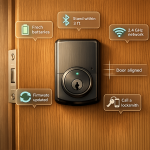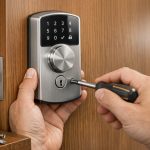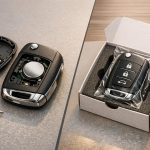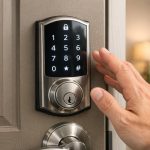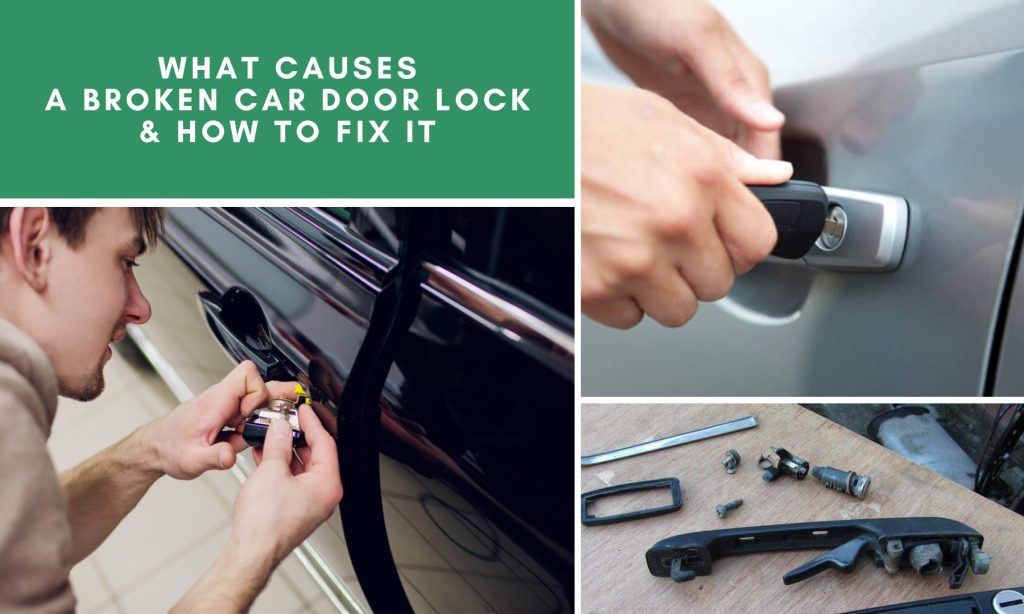Few things are more frustrating than a broken car door lock, especially when you are in a hurry. Whether your key won’t turn, the door won’t unlock, or your key fob is not responding, these issues can leave you stranded or struggling to secure your vehicle.
If you are dealing with a faulty car lock in Pittsburgh, PA, you are not alone. Harsh weather, daily wear and tear, and unexpected mechanical failures can, in fact, cause locks to malfunction. But do not worry—many car lock problems are fixable without a costly trip to the mechanic.
The Truth About Broken Car Door Locks
Picture this: It’s early morning in Pittsburgh, and you are running late for work, juggling your coffee and keys. Then, you press the unlock button on your car key fob—nothing. You try the key manually, but the lock won’t budge. The car door refuses to open.
Your frustration grows as the minutes tick by. The cold wind bites your face as you remain stuck outside your vehicle. You wonder why this always happens at the worst possible time.
A broken car door lock is not just an inconvenience—it is a real problem. It can leave you stranded, compromise your car’s security, and even lead to costly lock repairs if not fixed in time. But what exactly causes a car lock to fail? More importantly, how can you fix it? Let’s break it down step by step.
Why Do Car Door Locks Fail?
Car manufacturers design car door locks to be durable, but over time, they wear out or get damaged. Some failures happen out of the blue, while others give off warning signs before completely breaking down. If you have ever struggled with a sticky, frozen, or completely unresponsive lock, one of these common issues is probably to blame.
1. Worn-Out Key or Lock Cylinder
Keys don’t last forever. After years of use, they wear down, making it harder to turn in the lock. Similarly, the lock cylinder itself can degrade, preventing even a brand-new key from working as it should.
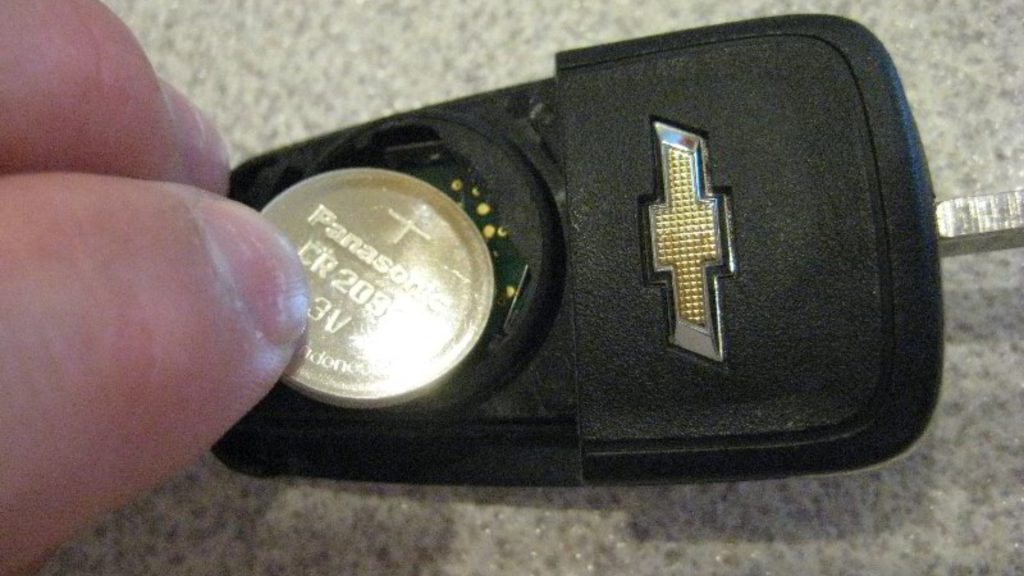
2. Dead Key Fob Battery
If you use a key fob to open your car, a dead battery can make it seem like your locks have failed. In reality, the lock itself may be fine—it just isn’t receiving the signal to open.
3. Broken Lock Actuator (For Power Locks)
A faulty actuator is one of the most common reasons power locks stop working. When this small motor inside the door fails, pressing the unlock button does nothing—or worse, you hear a clicking noise, but the lock doesn’t budge.
4. Frozen Locks
In cold weather, moisture inside the lock can freeze, leaving you unable to insert or turn your key. It is a frustrating problem, especially when you are already running late on a frosty morning.
5. Dirt and Debris Clogging the Lock
Over time, tiny particles of dust, dirt, and even pocket lint build up inside the lock mechanism. If the keyhole feels sticky or stiff, there is a good chance dirt is interfering with its function.
6. Electrical Problems or a Blown Fuse
When none of your power locks work, an electrical failure may be the culprit of a broken car door lock. A blown fuse or damaged wiring can stop the entire locking system from responding, leaving you locked out of your car.
How to Fix a Broken Car Door Lock
Now that we have identified the usual suspects, let us go over how to fix them. Whether it is a simple battery swap or a full lock replacement, there is a solution for every car lock problem.
1. If Your Key Won’t Turn in the Lock
First, try a spare key. If the spare key works, your original key may have worn out. If neither key works, the lock cylinder may be bent or damaged. A quick spray of graphite lubricant can sometimes help loosen up a stiff lock, but if the problem persists, the lock may need to call a Pittsburgh locksmith for professional repair or replacement.
2. If Your Key Fob Doesn’t Work
A dead battery is the most common cause of fob failure. Replacing it takes just a few minutes and can save you from unnecessary stress. If a new battery doesn’t fix the issue, you can try a key fob reprogramming according to your car’s manual. If that still doesn’t work, the fob or its receiver may need replacement.
3. If Power Locks Stop Working
Check if it is just one door or all of them. If only one lock doesn’t respond, the actuator inside that specific door likely fails and needs a proper replacement. If none of the locks work, check your car’s fuse box—replacing a blown fuse is a simple and inexpensive fix.
4. If Your Lock is Frozen
A lock de-icer spray can quickly melt the ice inside a frozen lock. If you do not have one, gently heating your key with a lighter before inserting it can help. Never pour hot water on the lock—it can refreeze within minutes, making things worse.
5. If Dirt and Debris Are Blocking the Lock
Spraying graphite powder or a silicone-based lubricant into the keyhole can help loosen dirt buildup. Insert and remove the key a few times to spread the lubricant, then try turning it again. Avoid using oil-based lock lubricants, as they can attract more dirt after a while.
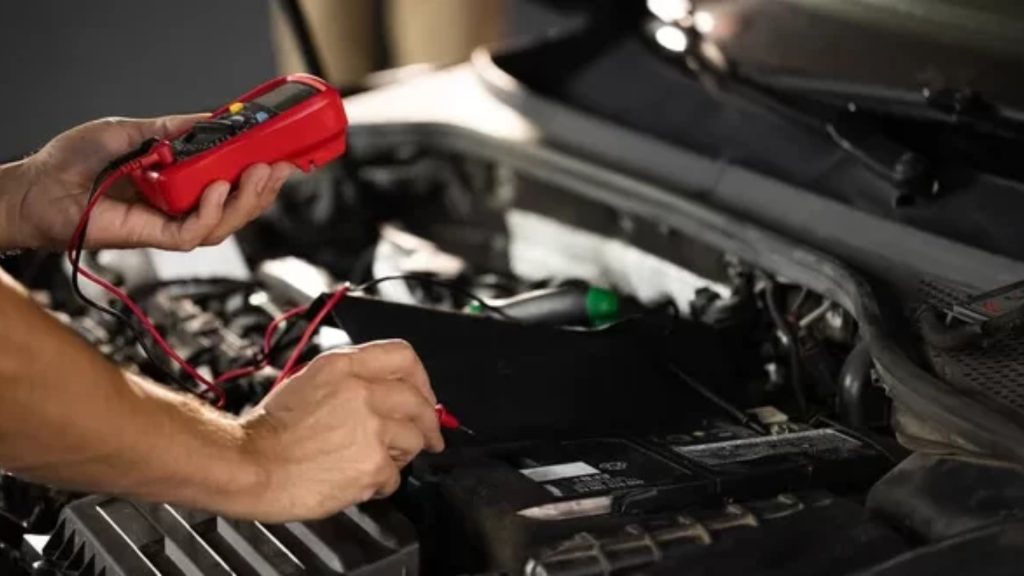
6. If You Suspect an Electrical Issue
If none of your power locks work and your key fob is functioning properly, an electrical problem may be the issue. Start by checking the fuse box. If replacing a blown fuse doesn’t fix it, the issue could be with the wiring or the central locking system, which may need professional repair.
Locksmith vs. Mechanic: Who Should You Call?
When it comes to car lock issues, sometimes it is just better to call in the pros. Suppose your key breaks off inside the lock; an attempt to remove it yourself can cause more damage. An auto locksmith has the tools to extract it with all safety measures in mind.
However, if your power locks fail due to electrical issues, diagnosing and fixing the problem calls for technical expertise. At this point, a mechanic can run a diagnostic test to determine if the issue is with the wiring, fuse, or actuator.
Thus, if your lock cylinder completely jams and lubricants fail to solve the issue, it’s time to let a locksmith Pittsburgh or an auto repair tech handle the replacement.
Preventing Broken Car Door Lock Issues
While some lock failures are unavoidable, regular car lock maintenance can reduce the chances of getting locked out.
- Lubricate your locks regularly. A quick spray of graphite powder every few months can keep your locks turning smoothly.
- Replace your key fob battery before it dies. If your fob starts working inconsistently, swap out the battery early.
- Protect your locks from freezing. In winter, a water-displacing spray can help prevent ice from forming inside the lock.
- Address minor issues before they get worse. If your lock feels stiff or sticky, do not wait for it to fail at once—fix it early on.
Locksmith Near Me
Dealing with a broken car door lock is frustrating—but in many cases, the fix is simpler than you think. Whether you are facing a frozen lock or an unresponsive key fob, identifying the problem is the first step toward the right solution.
If you’ve already tried the basic fixes and your lock still isn’t working, it is time to call a trusted locksmith in Pittsburgh. Regular maintenance can go a long way in preventing these issues before they start.
Locked out at the worst possible moment? No need to panic. Reach out to one of our experienced car locksmiths. Sherlock’s Locksmith is here to help and would love to hear your story. Contact us today.



